Our courses
Course icons with a yellow outline are required,while course icons with an orange outline are electives.
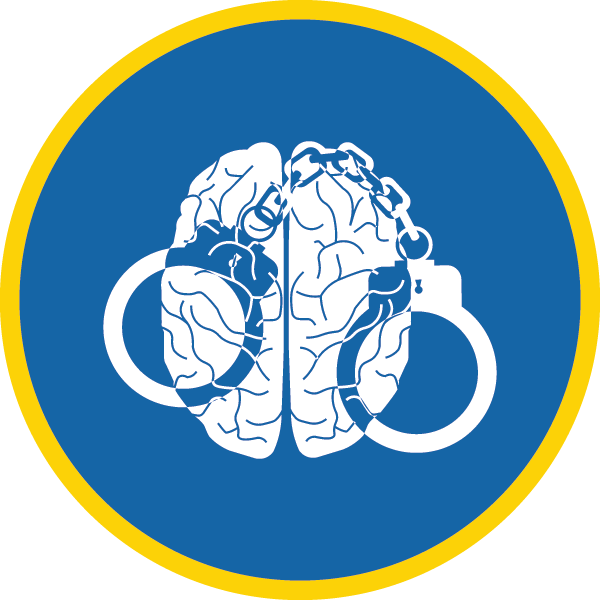
P200 - Introduction
to Legal and
Forensic Psychology
Familiarizes students with the interrelated fields of psychology, law, and forensic studies. Emphasizes clinically relevant legal topics (insanity defense; competency to stand trial) and includes critical thinking about issues that arise when psychologists are involved in legal proceedings.
(first year - required)

P202 – Data Analysis
and Statistics
Statistical techniques to facilitate inferences in psychological research, including fundamentals of statistical inference and methods for analyzing data.
(first year - required)

P208 - Research
Methods
In-depth examination of issues relevant to designing and evaluating research in psychological science. Topics address casual inference, ethical issues surrounding the responsible conduct of research, experimental and quasi-experimental designs, reliability and validity of measurement, and non-experimental procedures.
(first year - required)
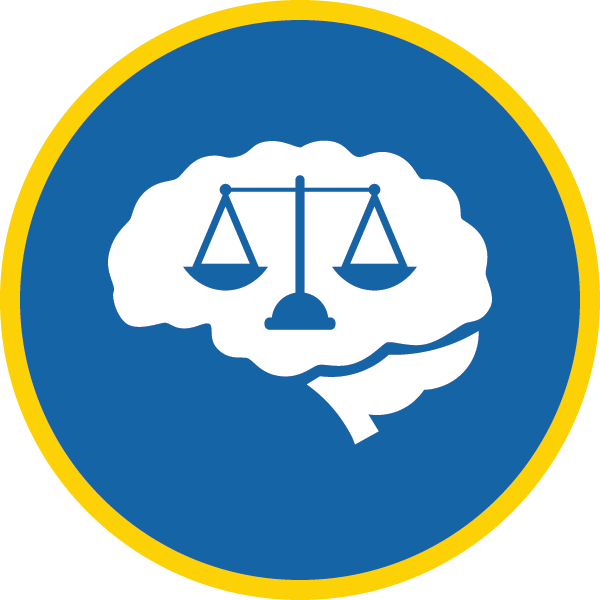
P215 - Psychology
and Law
An interdisciplinary approach to research in psychology, law, and/or criminology. Examines how psychology is applied to the civil and criminal justice systems, how case law shapes this application, and how legal decisions affect the direction of psychological research.
(first year - required)
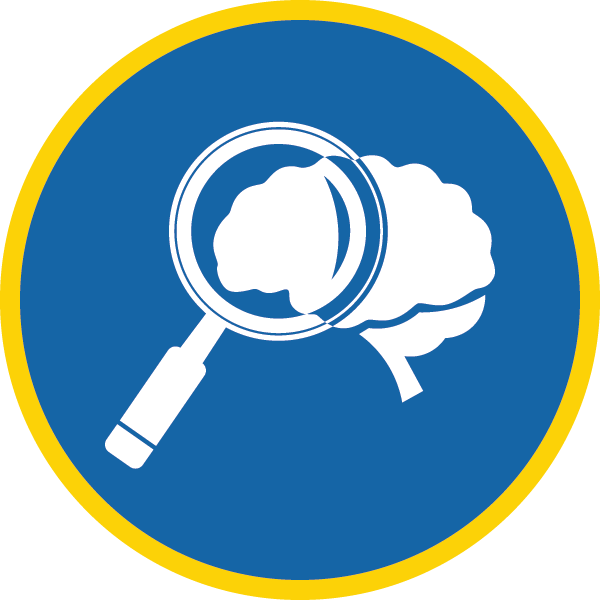
P222 – Forensic
Assessment
Explores the various ways in which clinical psychology is relevant to the law, and how forensic psychologists can meaningfully contribute to the adjudicatory process. Examines legal, scientific, and ethical issues that arise when psychologists are involved in legal proceedings.
(first year - required)

P224- Children
and the Law
Examines how psychology research and practice can inform several areas of law and social policy affecting children, adolescents, and families. Topics include education, mental health, reproductive rights, and delinquency.
(first year - elective)

P227 - Sex and the Law
This course will focus on topics related to sex crimes with significant legal debate and discussion, such as the age of consent, sex work, and registration as a sexual offender. The course will also investigate how psychological theory and research can be applied to legal issues related to sex crimes.
(second year - elective)
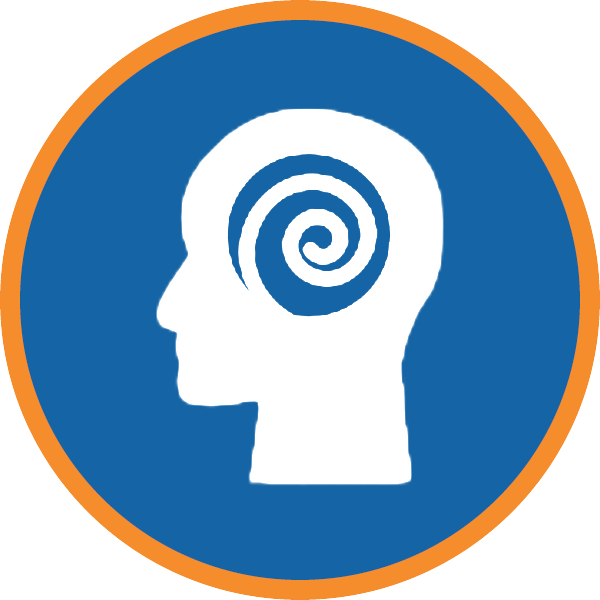
P228 - Psychosis and the Law
This course provides an in-depth examination of the intersection of serious mental health concerns related to psychosis and the law. The general goal is to equip students with critical thinking skills that will facilitate the careful consideration of the myriad of factors that bring people with psychosis to interact with the justice system or otherwise disadvantage this vulnerable group.
(second year - elective)

P242 – Legal Reasoning
and Jurisprudence
Overview of the law and legal process as well as the history and assumptions underlying modern legal reasoning. Issues related to procedure and evidence as well as key jurisprudential perspectives are discussed.
(first year - required)

P251 - Clinical Interviewing
and Treatment in a Forensic Setting
Students receive an introduction to clinical interviewing, learn details of strategic, solution-focused therapy, and think critically about issues that come at the interaction of psychology and the law. Students are not "license-eligible" at end of this course.
(second year - elective)

P253 – Master of
Legal and Forensic
Psychology Capstone
Focuses on macro-level writing topics such as developing a meaningful research question, conducting a thorough review of relevant literature, and presenting a clear and convincing research-based argument.
(second year - required)

P254 – Mental Health
and the Law
Explores the history of criminalization of persons with mental illness. Topics include challenges and needs of persons with mental illness; civil and outpatient commitment; law enforcement responses to persons with mental illness; and mentally ill offenders in jails and prisons.
(second year - elective)

P256 - Family and
the Law
Examines sociological and legal perspectives on the relationship between family life and law, with a focus on three distinct but sometimes interconnected domains: the child welfare system, the criminal justice system, and the immigration system.
(second year - elective)

PTBD – Growing Up Digital
Explores how policy makers are working to protect young people from online harms and will evaluate whether solutions offered in this space have been shown to work. Draws on theory and research from across multiple fields including psychology, education, computer science, sociology, and medicine to examine the role that digital technology plays in the lives of young people.
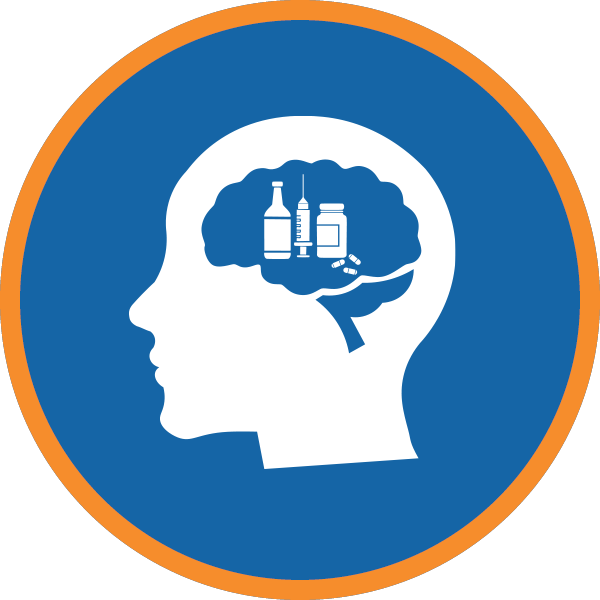
P229 – Addiction
and the Law
Analysis of the intersection of addiction and the legal system, including historical, theoretical, practical and policy dimensions. Provides students with insights into treatment and prevention strategies as well as policy and legal considerations.
(second year - elective)